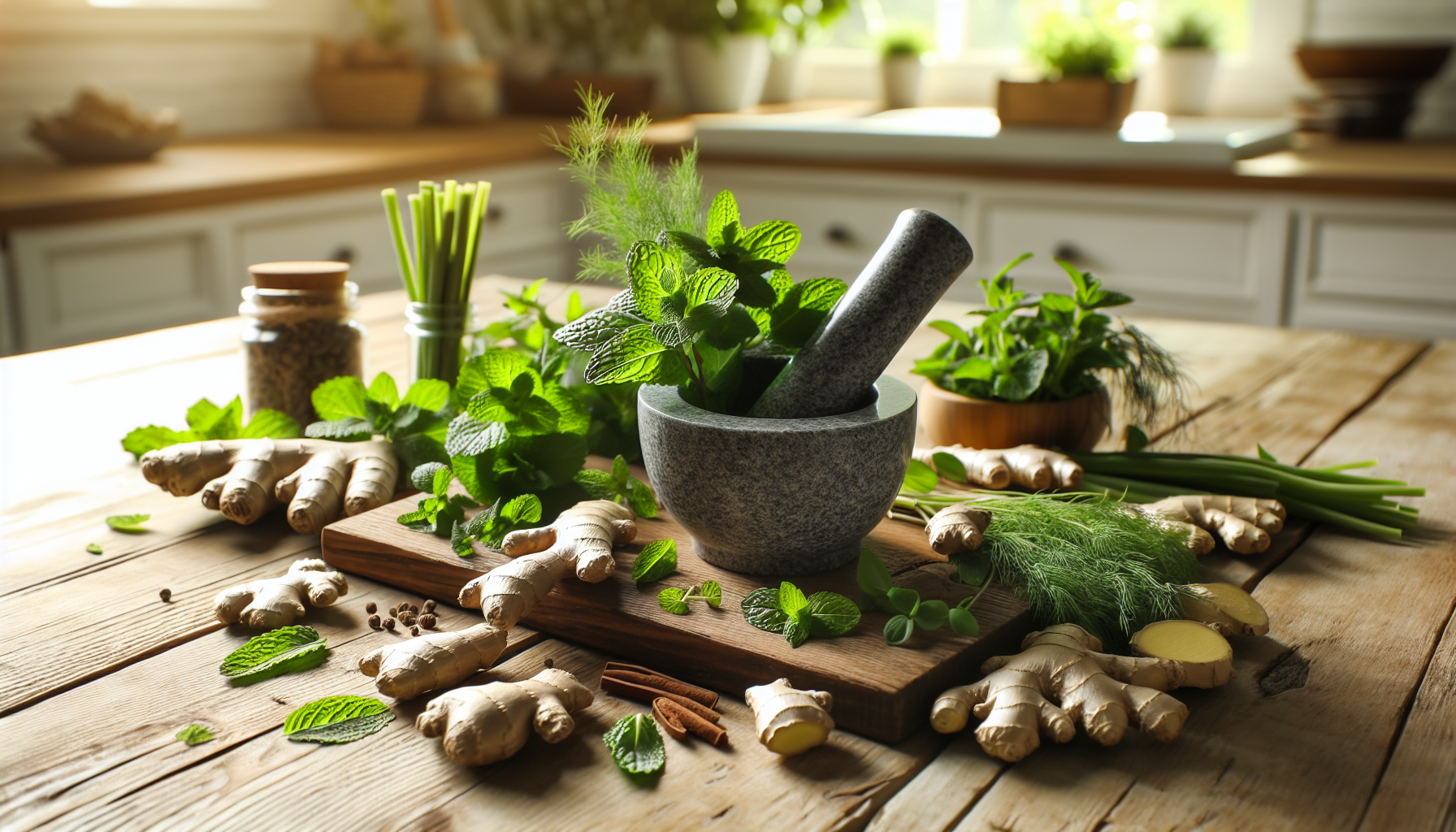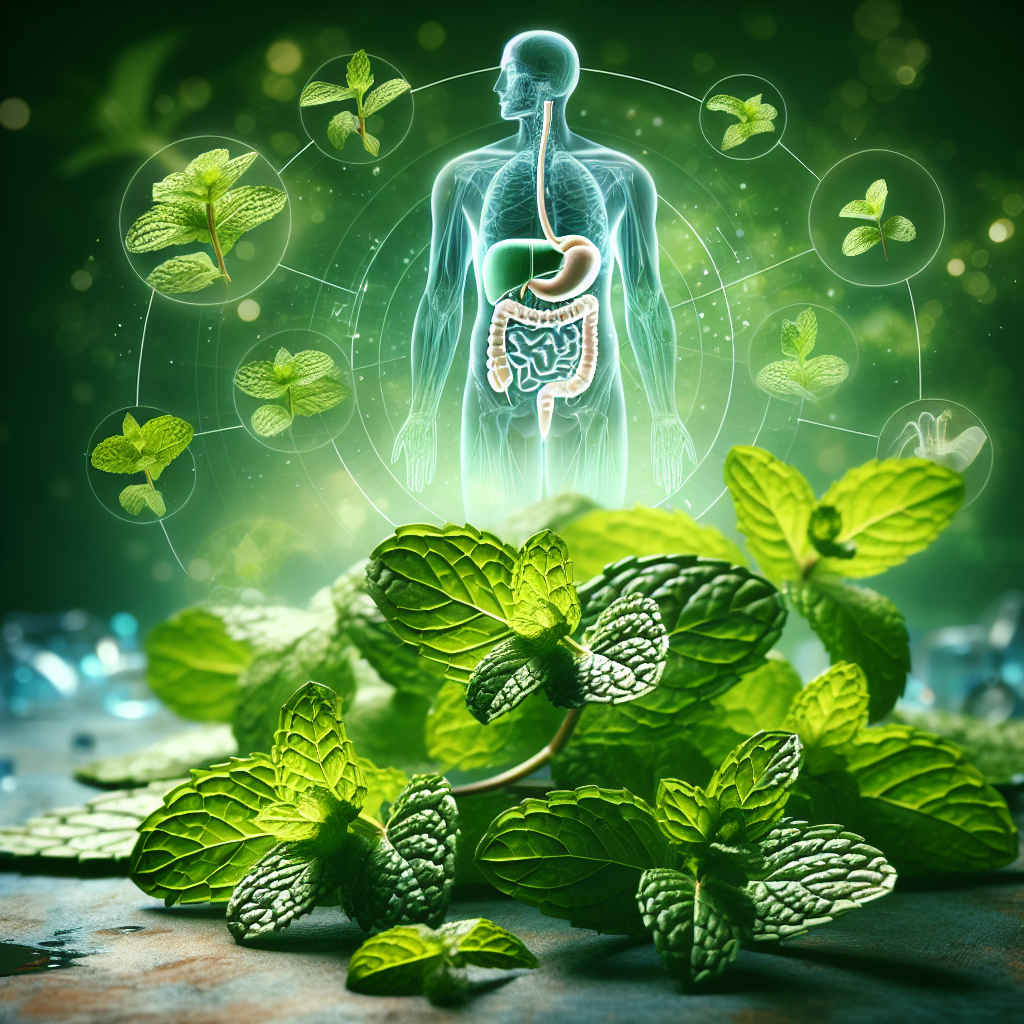Digestive health is a cornerstone of overall wellness, influencing everything from our mood to our immune system. In recent years, there has been a resurgent interest in the role of herbal remedies in managing and alleviating digestive health issues. With a history spanning thousands of years, these natural treatments offer a complementary approach to modern medicine. This comprehensive guide delves into the myriad of ways herbal remedies can be harnessed to support digestive health, backed by contemporary research and age-old wisdom.
Understanding Digestive Health
The digestive system is a complex network responsible for breaking down food, absorbing nutrients, and eliminating waste. It includes organs such as the stomach, intestines, liver, and pancreas. Issues in any part of this system can lead to symptoms such as bloating, gas, constipation, diarrhea, and heartburn, among others. Chronic conditions like Irritable Bowel Syndrome (IBS), Gastroesophageal Reflux Disease (GERD), and Crohn’s disease can significantly impact quality of life.
For more detailed information on digestive health, visit Avix Health’s comprehensive guide.
The Role of Herbal Remedies in Digestive Health
Herbal remedies are made from plants, using parts such as leaves, flowers, roots, and seeds. These plants contain natural compounds that can have therapeutic effects on the body. When it comes to digestion, certain herbs have been shown to alleviate symptoms, improve gut function, and support the body’s natural digestive processes.
1. Peppermint (Mentha piperita)
Peppermint is one of the most widely recognized herbs for digestive support. Its active ingredient, menthol, has antispasmodic properties that can relax the muscles of the digestive tract, making it particularly effective for IBS symptoms. A study published in the ‘Journal of Clinical Gastroenterology’ found that peppermint oil capsules provided relief from IBS pain and discomfort.
2. Ginger (Zingiber officinale)
Ginger is a well-known natural remedy for nausea and vomiting, especially related to motion sickness and pregnancy. It can also promote the movement of food through the stomach and intestines, helping to alleviate indigestion. Research featured in the ‘European Journal of Gastroenterology & Hepatology’ supports ginger’s effectiveness in enhancing gastrointestinal motility.
3. Chamomile (Matricaria recutita)
Chamomile is often consumed as a tea and is praised for its soothing properties. It can help reduce inflammation in the digestive tract, ease cramping, and promote relaxation, which may be beneficial for individuals with digestive discomfort. The ‘Journal of Agricultural and Food Chemistry’ discusses chamomile’s bioactive compounds and their potential health benefits.
4. Dandelion (Taraxacum officinale)
Dandelion greens and roots have been used traditionally to support liver health and aid digestion. They are known to stimulate appetite and promote healthy bile production, which is essential for fat digestion. A publication in the ‘Journal of Alternative and Complementary Medicine’ outlines the phytochemicals in dandelion and their medicinal properties.
5. Fennel (Foeniculum vulgare)
Fennel seeds are often chewed after meals in many cultures to aid digestion and freshen breath. Fennel has carminative properties, meaning it can help expel gas from the stomach and intestines. The ‘International Journal of Gastroenterology’ discusses how fennel can be useful in reducing symptoms of dyspepsia.
Integrating Herbal Remedies with Lifestyle Changes
While herbal remedies can provide relief and support for digestive health, they should be part of a broader approach that includes lifestyle changes. Adequate hydration, regular exercise, stress management, and a balanced diet are essential. Practices such as yoga have been shown to improve digestive function, as detailed in Avix Health’s article on The Role of Yoga in Improving Digestive Function.
For those with specific conditions like GERD, lifestyle modifications can be crucial in managing symptoms. Tailored advice is available in the article How Lifestyle Changes Can Alleviate Gastroesophageal Reflux Disease Symptoms.
Precautions and Considerations
While herbal remedies can be effective, they are not without risks. Herbs can interact with medications, and some may not be suitable for people with certain health conditions. It’s always recommended to consult with a healthcare provider before starting any new herbal regimen, especially for those who are pregnant, breastfeeding, or taking prescription drugs.
Conclusion
Herbal remedies offer a natural path to enhancing digestive health. When used wisely and in conjunction with a healthy lifestyle, they can provide significant relief for various digestive issues. As research continues to unveil the benefits of these natural treatments, it’s essential to remain informed and consult with healthcare professionals to safely integrate herbal remedies into your digestive health regimen.
For a deeper understanding of how nutrition plays a role in digestive health, explore the insights in Avix Health’s article on Leveraging Nutrition Therapy for Optimal Digestive Health.
Remember, the journey to digestive wellness is a holistic one, encompassing diet, lifestyle, and natural remedies that work in harmony for optimal health.



